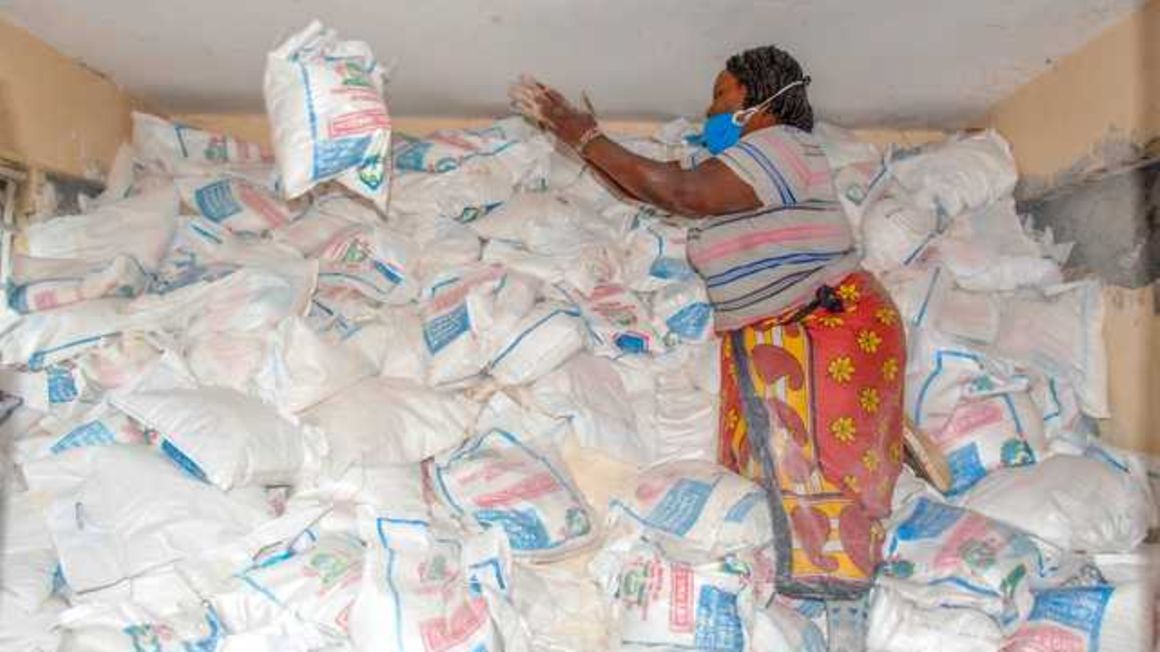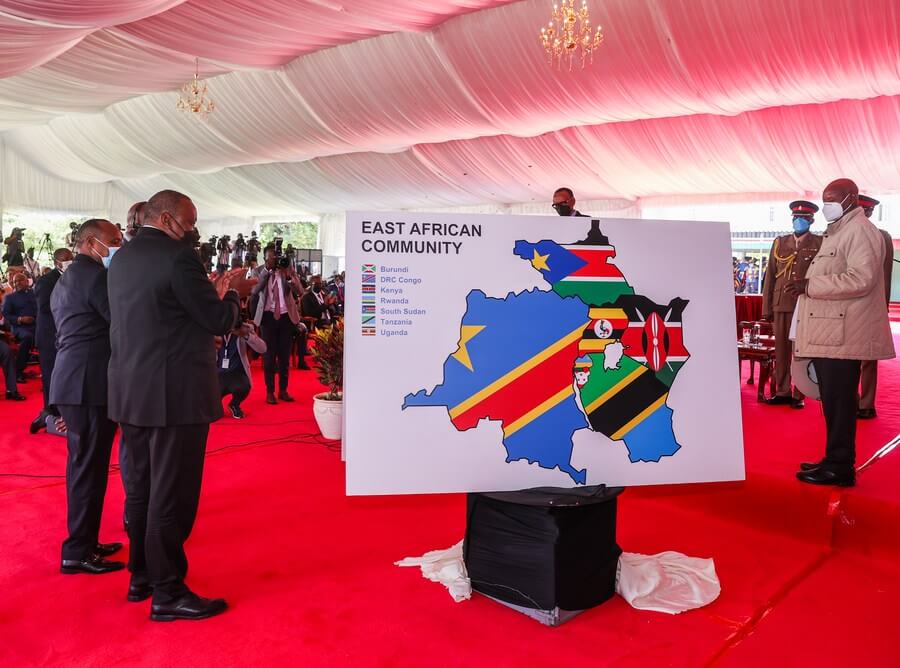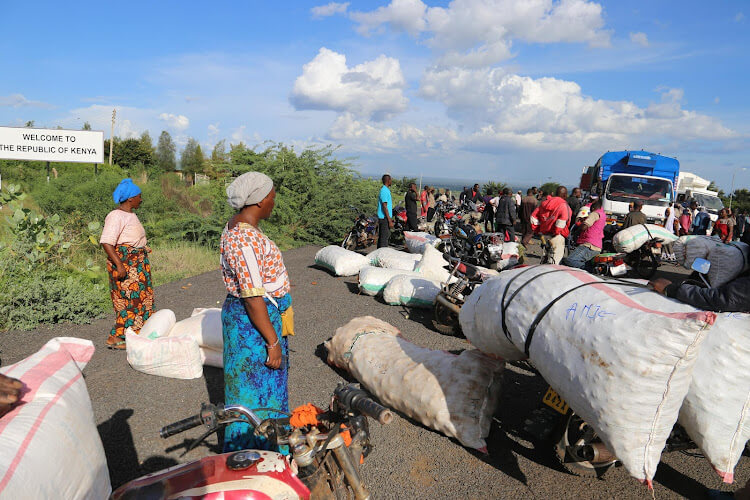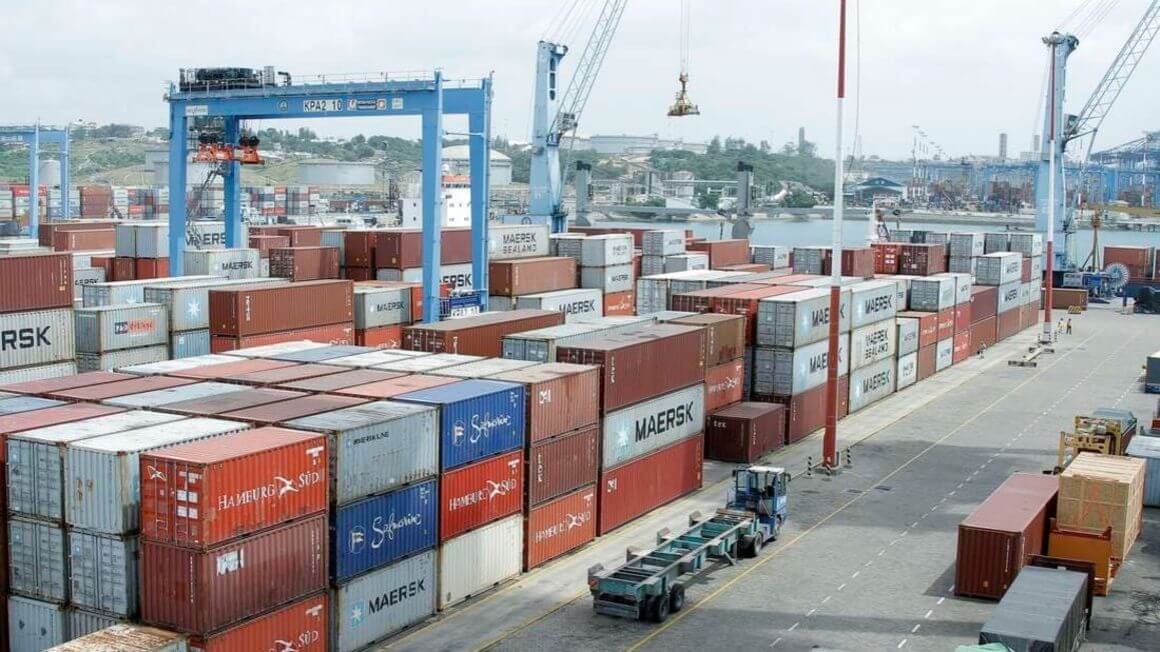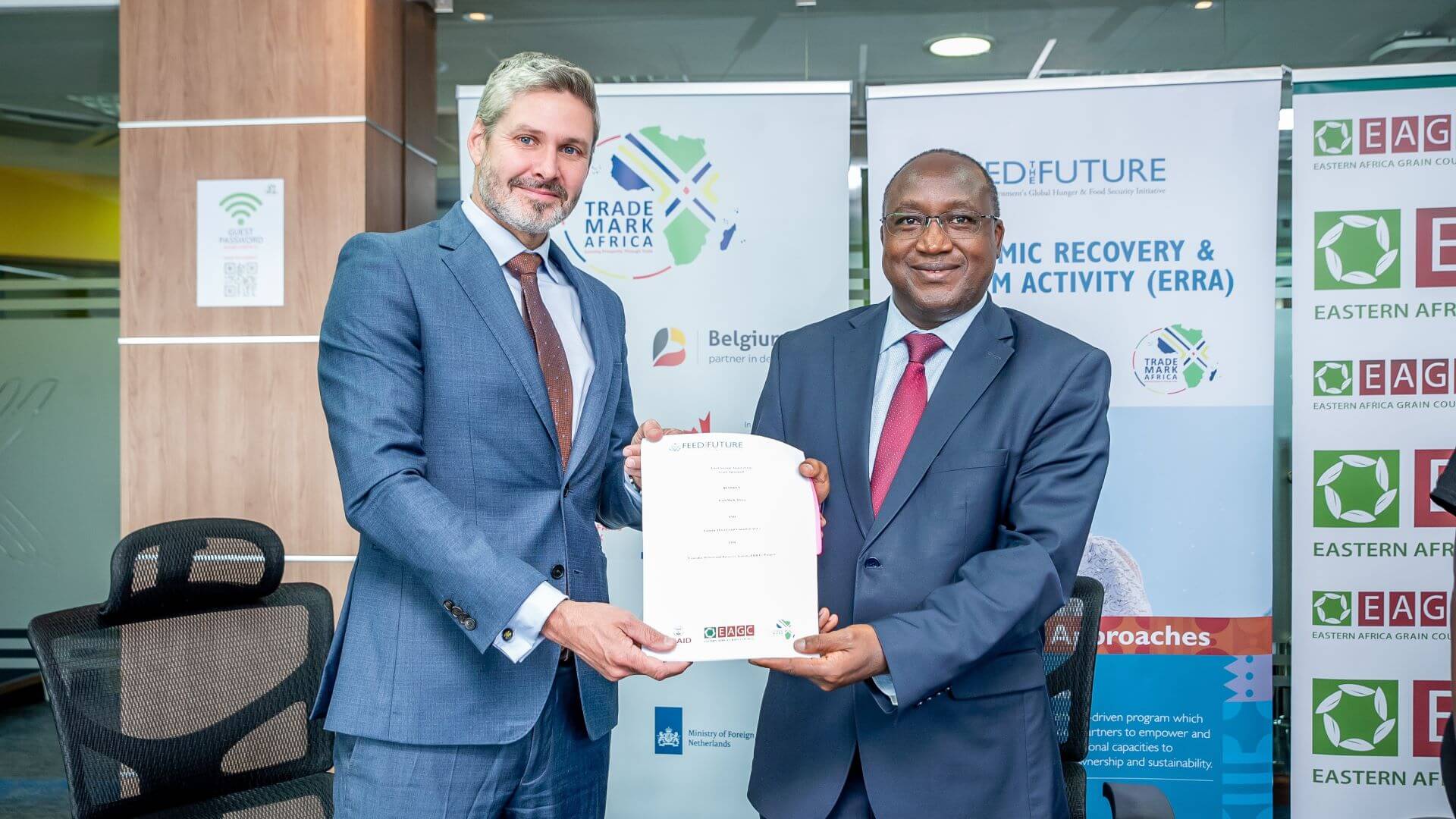In Summary Trademark Africa donated the plants through funding from Global Affairs Canada (GAC). Agriculture Principal Secretary Paul Ronoh said farmers should now seize the opportunity to enhance food productivity. The government has received a donation of two state-of-the-art industrial mycotoxin decontamination plants in a major boost towards efforts to advance food safety and security. The plants, installed at the NCPB warehouses in Bungoma and Nairobi boast of capacity to process at least 10 tons per day of various commodities, focusing on those affected by mycotoxin. Utilising an ozone-based solution, the plants are designed to eliminate a staggering 95 per cent of aflatoxin contamination in grains, pulses, nuts, and other food commodities. Speaking on Thursday when he commissioned the Bungoma plant, Agriculture Principal Secretary Paul Ronoh said farmers should now seize the opportunity to enhance food productivity. TradeMark Africa donated the plants through funding from Global Affairs Canada (GAC). The Ministry of Agriculture in collaboration with the organization and support from GAC is spearheading an integrated solution to mycotoxin management. "The collaboration between TradeMark Africa and the ministry is a pivotal step towards sustainable agricultural practices benefitting both farmers and consumers alike," he said. Agriculture Principal Secretary Paul Ronoh speaking during the commissioning of the industrial mycotoxin plant at the Bungoma NCPB on February 1, 2024. Image: HANDOUT The strategic placement of the plants at the NCPB warehouses in Bungoma and Nairobi, he said, ensure proximity to key trade borders like Malaba, Busia and Namanga. This aims to prevent disruptions to...
State unveils industrial mycotoxin plants in Nairobi, Bungoma
Posted on: February 2, 2024
Posted on: February 2, 2024


